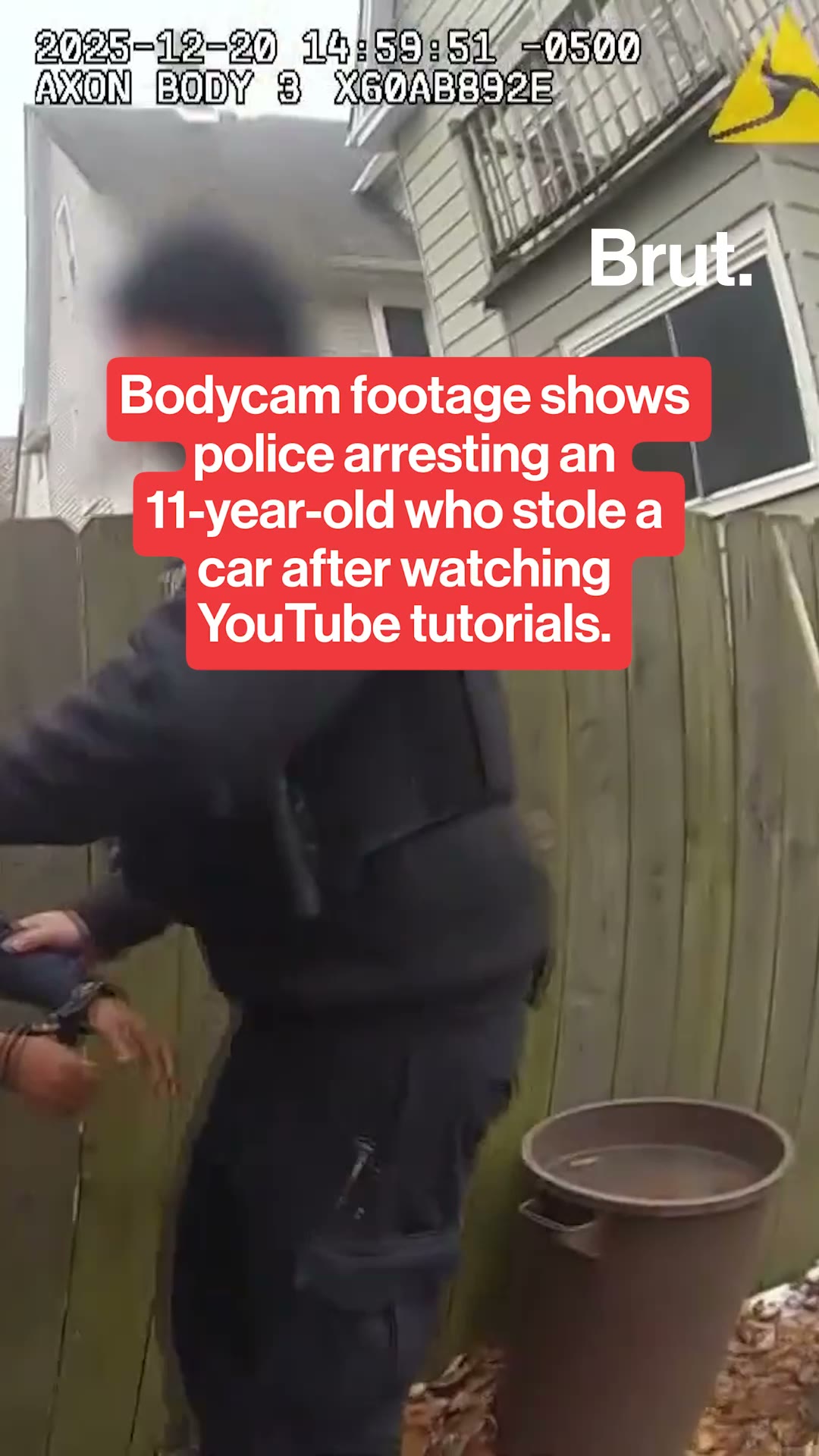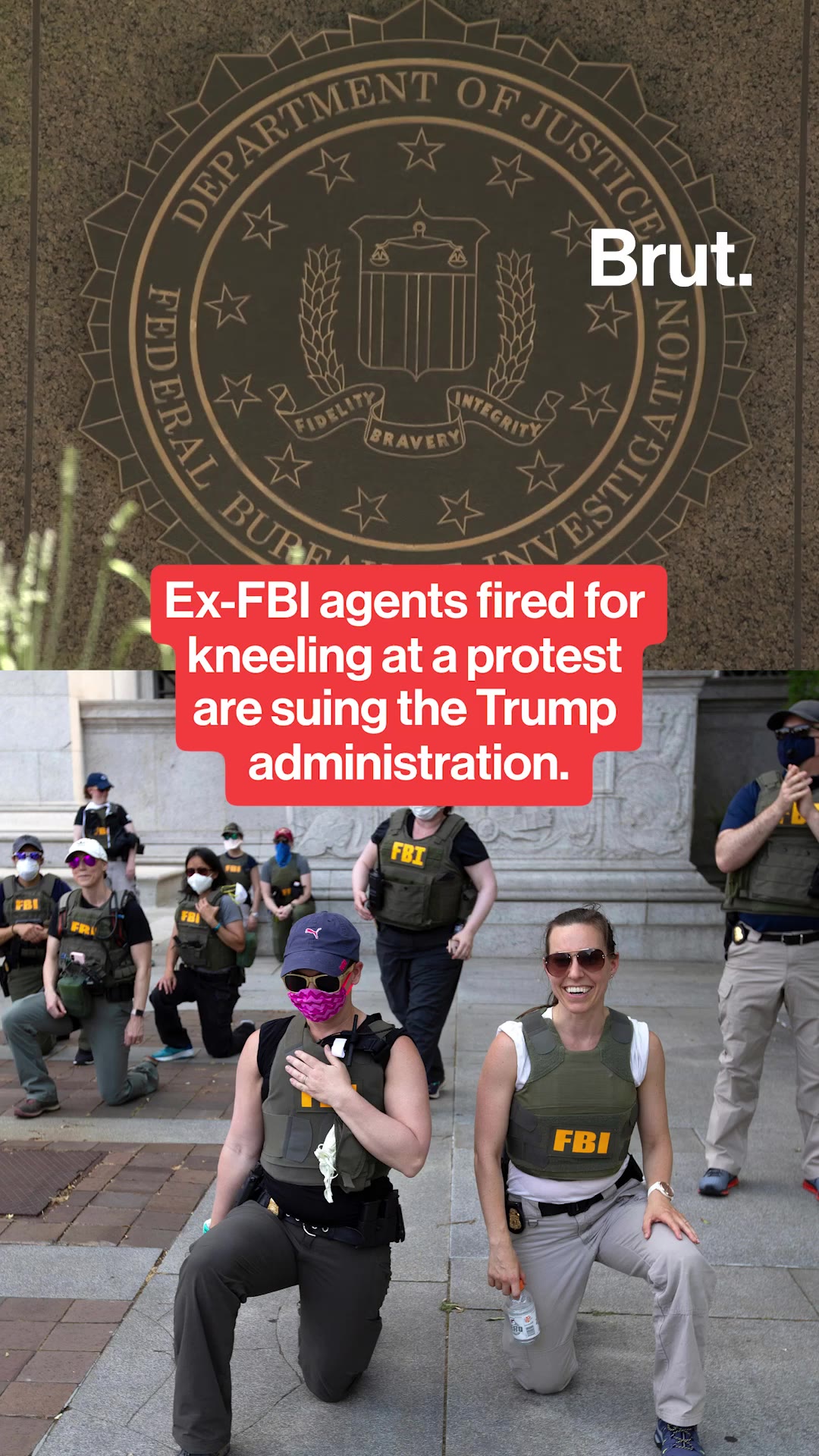How Do Hate Crimes Laws Work in America?
How Do Hate Crimes Laws Work In America?
Approximately 1 hate crime is reported every hour in the US. In 2017, 58% of incidents were motivated by race, ethnicity, or ancestry according to UCR. Almost 22% were motivated by religion, and nearly 16% by sexual orientation.
In 2009, the Hate Crimes Prevention Act was signed into federal law to help minority communities fight for their rights within U.S. society. But the majority of hate crimes are prosecuted in state courts and prevent law justice for all by making their own stances of what a hate crime exacly is.
These 5 states Arkansas, Wyoming, South Carolina, Indiana, Georgia don't have hate crime laws. Among the 45 states.
All except Arkansas, Wyoming, South Carolina, Indiana, Georgia with hate crime laws, provisions vary widely.
15 states Alabama, Alaska, Idaho, Michigan, Mississippi, Montana, North Carolina, North Dakota, Ohio, Oklahoma, Pennsylvania, South Dakota, Utah, Virginia and West Virginia do not include sexual orientation or gender identity as a motivating factor.
Only 5 states, Florida, Maine, Maryland, Rhode Island, Washington, along with Washington, D.C, recognizes homelessness as a protected status, while California, Iowa and West Virginia based on political affiliation.
In Maryland, a new bill could make defacing property with nooses and swastikas a hate crime. Approximately 250,000 hate crimes occur each year — but only 2% are reported to the FBI according to the Bureau of Justice Statistics.
Over 1000 hate groups are now active in the U.S., a high of at least 20 years. The number of white nationalist groups jumped by almost 50% in 2018 based on facts collected by the Southern Poverty Law Center.
Brut.
How Do Hate Crimes Laws Work in America?
How Do Hate Crimes Laws Work In America?
Approximately 1 hate crime is reported every hour in the US. In 2017, 58% of incidents were motivated by race, ethnicity, or ancestry according to UCR. Almost 22% were motivated by religion, and nearly 16% by sexual orientation.
In 2009, the Hate Crimes Prevention Act was signed into federal law to help minority communities fight for their rights within U.S. society. But the majority of hate crimes are prosecuted in state courts and prevent law justice for all by making their own stances of what a hate crime exacly is.
These 5 states Arkansas, Wyoming, South Carolina, Indiana, Georgia don't have hate crime laws. Among the 45 states.
All except Arkansas, Wyoming, South Carolina, Indiana, Georgia with hate crime laws, provisions vary widely.
15 states Alabama, Alaska, Idaho, Michigan, Mississippi, Montana, North Carolina, North Dakota, Ohio, Oklahoma, Pennsylvania, South Dakota, Utah, Virginia and West Virginia do not include sexual orientation or gender identity as a motivating factor.
Only 5 states, Florida, Maine, Maryland, Rhode Island, Washington, along with Washington, D.C, recognizes homelessness as a protected status, while California, Iowa and West Virginia based on political affiliation.
In Maryland, a new bill could make defacing property with nooses and swastikas a hate crime. Approximately 250,000 hate crimes occur each year — but only 2% are reported to the FBI according to the Bureau of Justice Statistics.
Over 1000 hate groups are now active in the U.S., a high of at least 20 years. The number of white nationalist groups jumped by almost 50% in 2018 based on facts collected by the Southern Poverty Law Center.
Brut.













